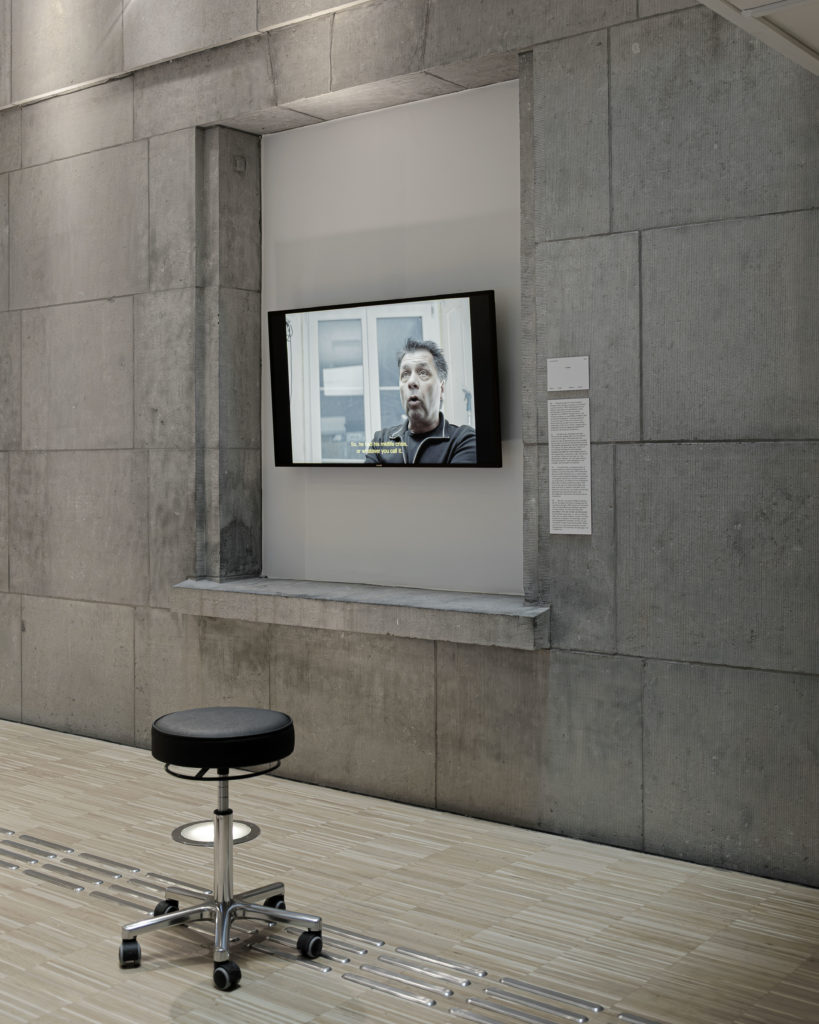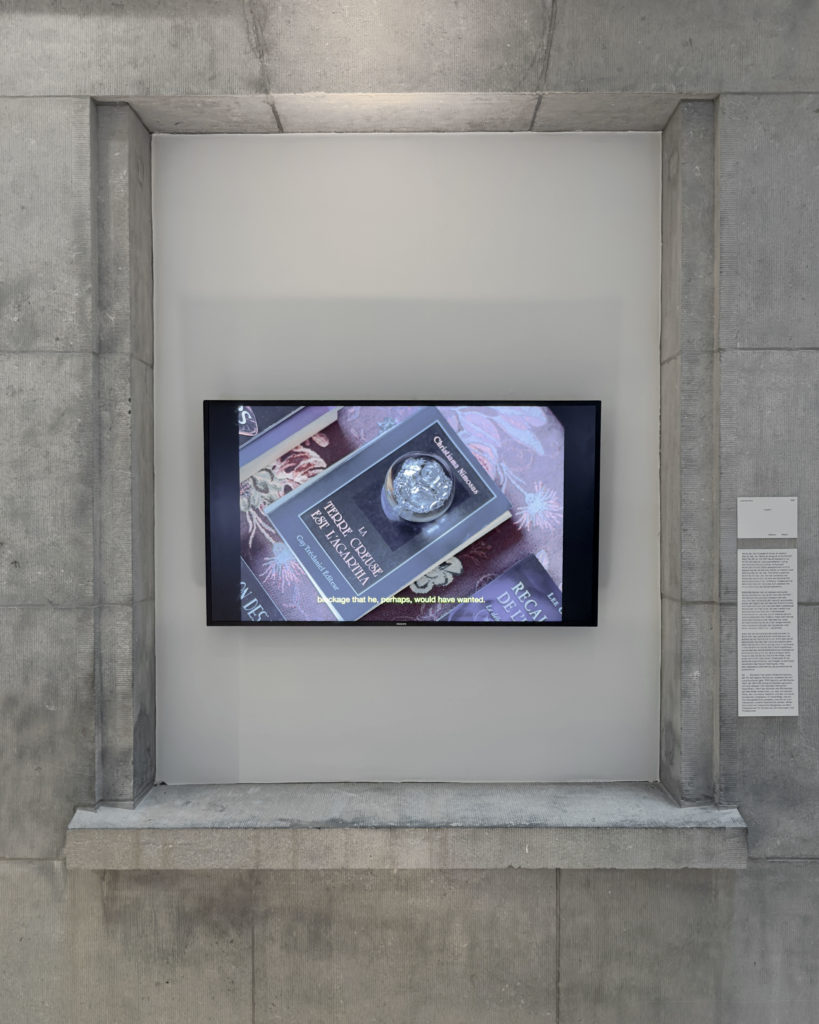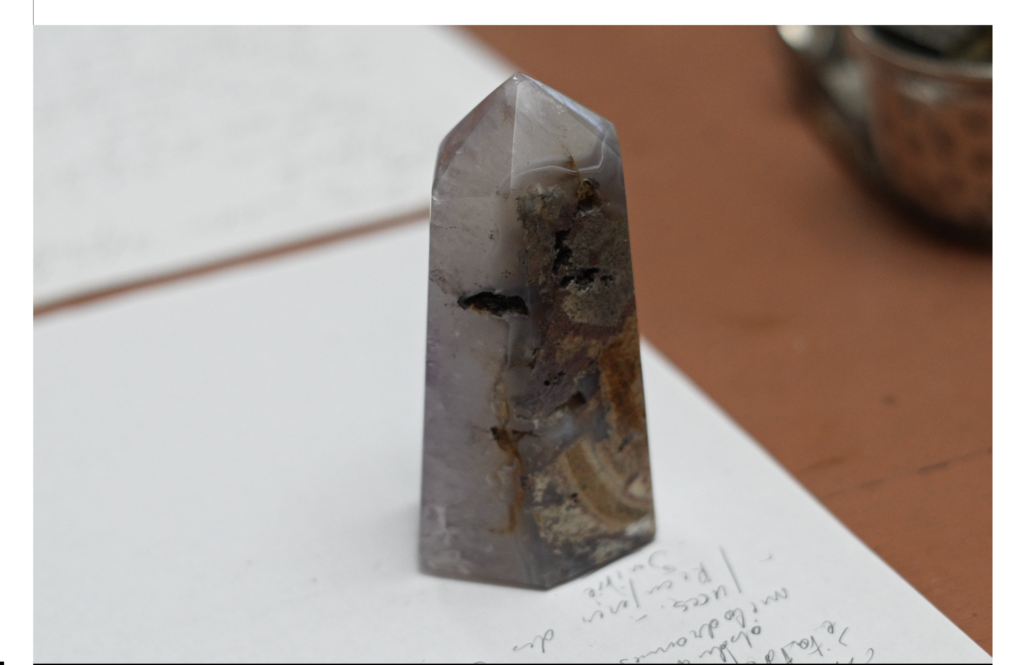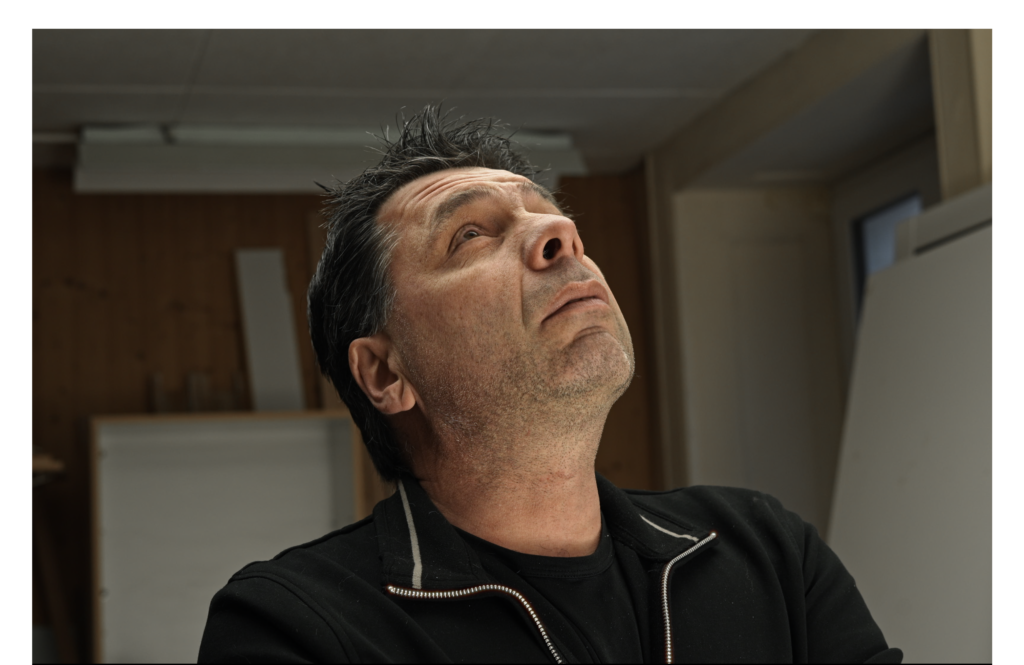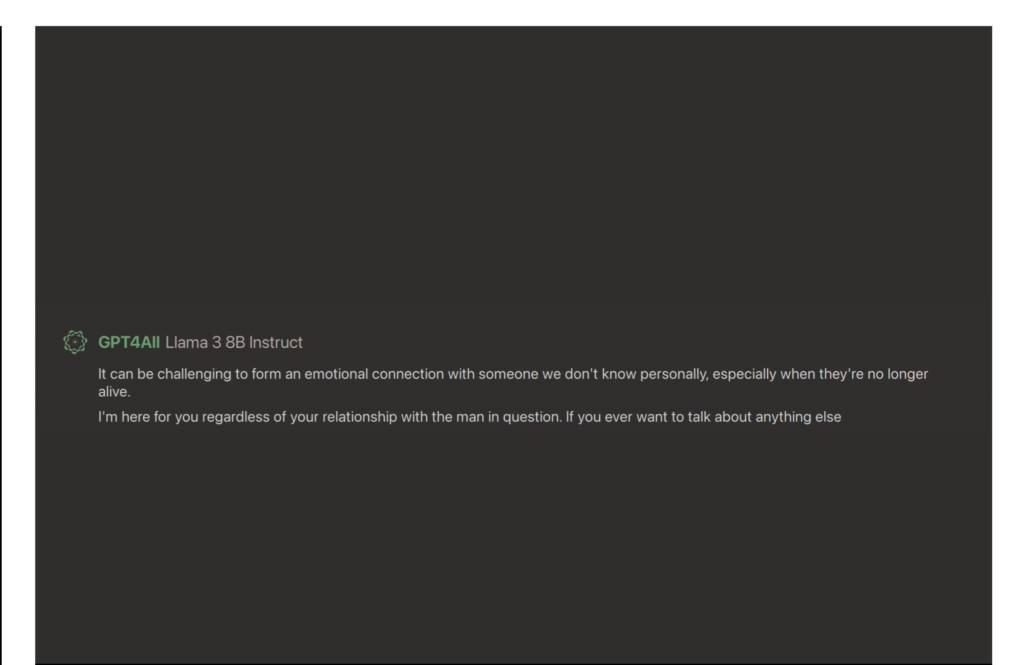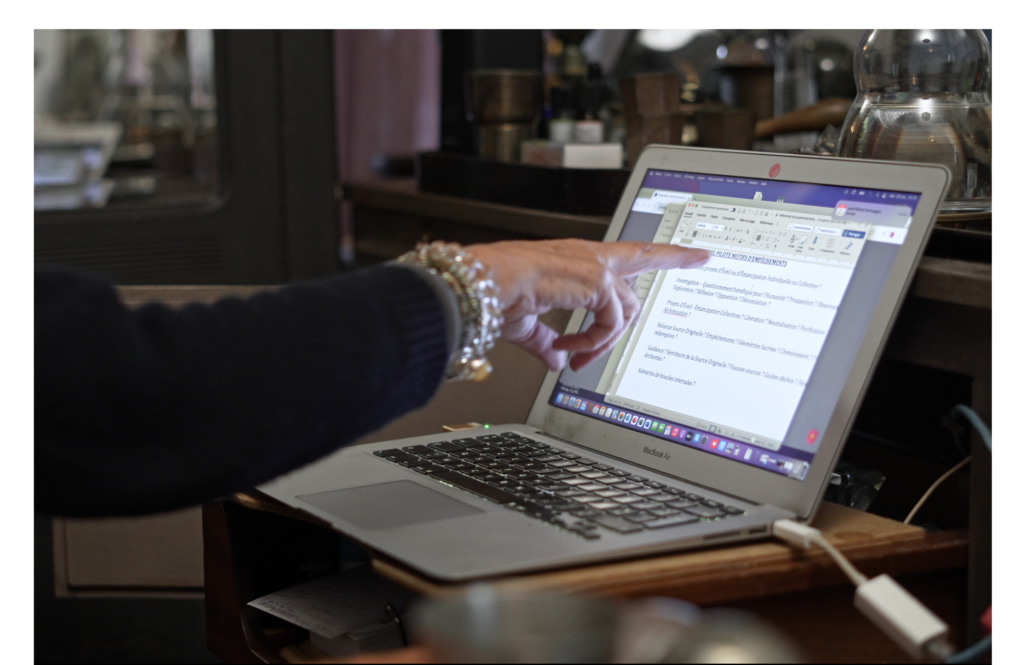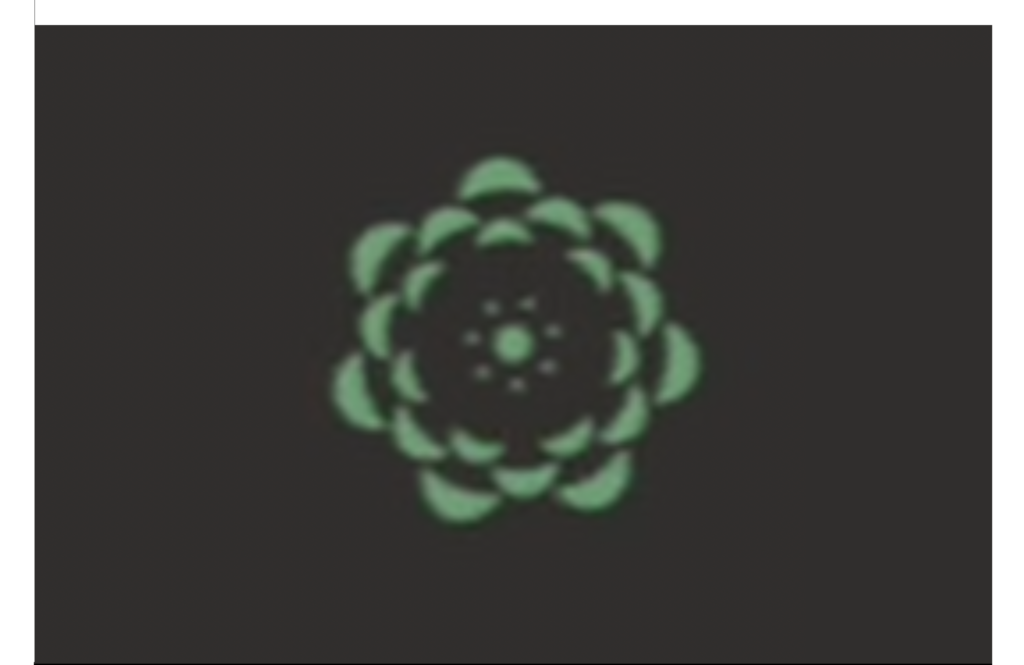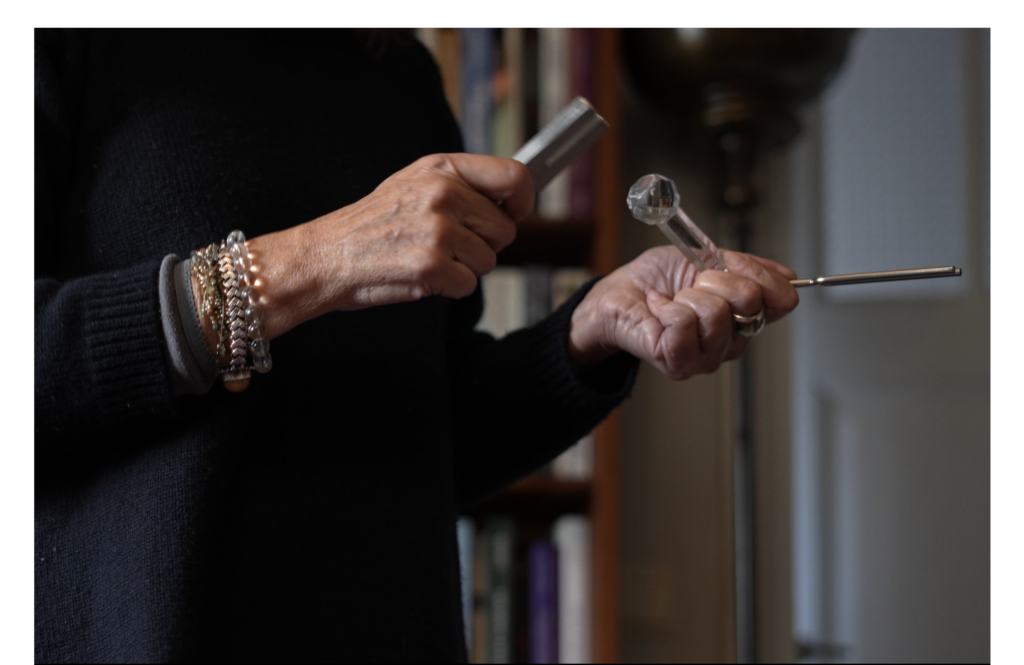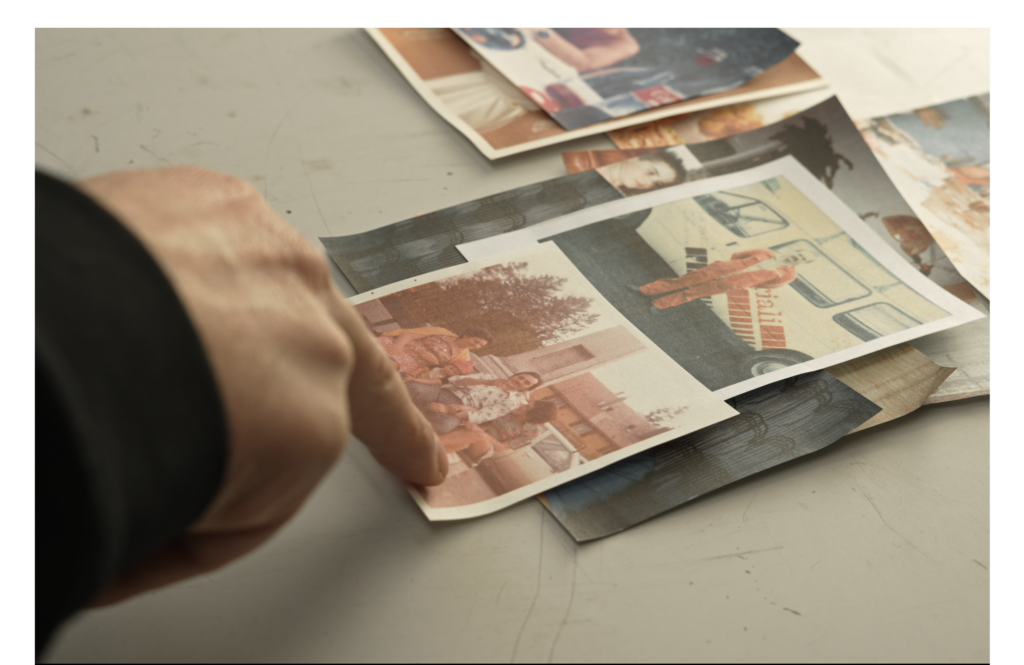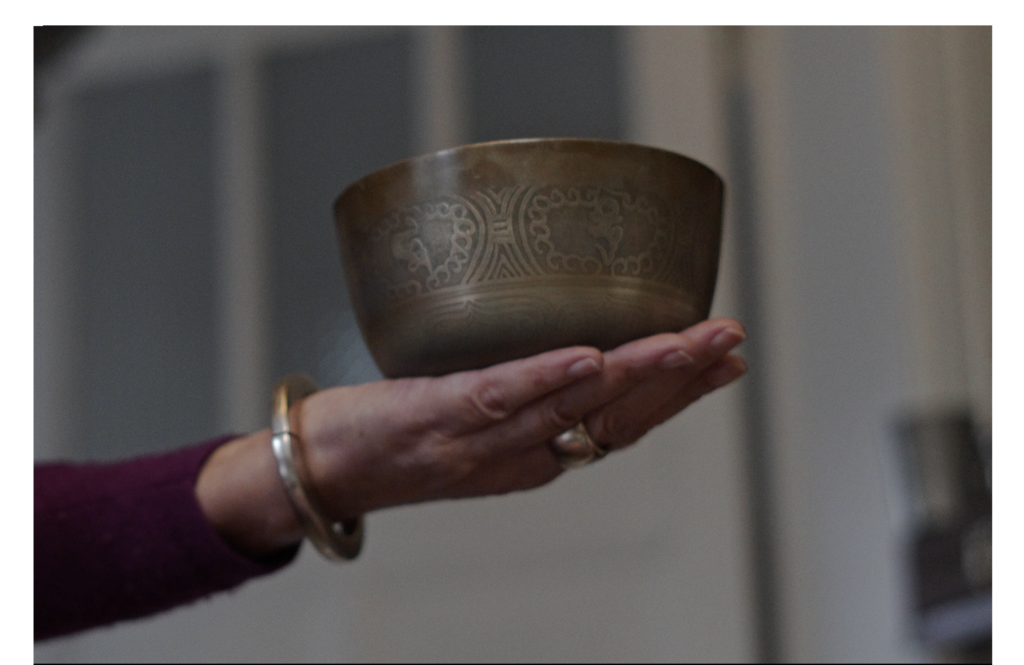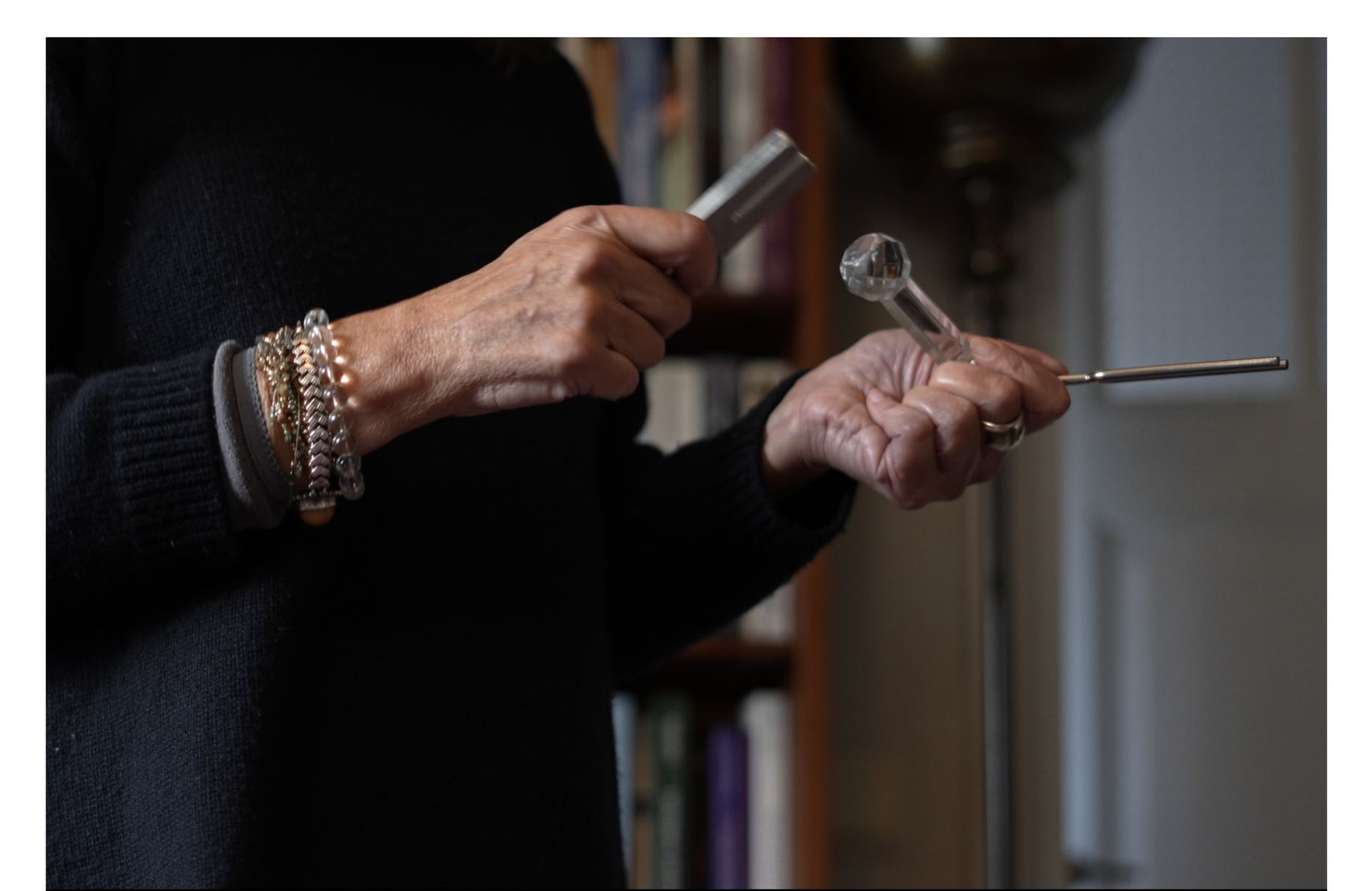Dans cette exploration documentaire, je convoque trois regards singuliers pour décrypter l’énigme de mon grand-père inconnu et mystérieux : une médium, son fils et l’intelligence artificielle. Cette triangulation insolite illustre comment chaque individu, avec ses outils et sa sensibilité propres, peut devenir l’archéologue de sa mémoire familiale.
Face à une série de photographies d’archives, ces trois approches radicalement différentes dessinent un portrait fragmenté, entre réalité documentaire et fantaisie. La médium scrute les énergies invisibles et les traces, cherchant à établir un dialogue avec l’au-delà. Mon père, devant ces mêmes images, affronte un passé qu’il a choisi d’oublier, où chaque cliché renvoie à un souvenir qu’il a tenté d’éviter. L’intelligence artificielle, elle, analyse froidement les détails, motifs et émotions répertoriés, offrant une lecture dénuée de biais affectifs mais non moins révélatrice.
Cette vidéo interroge non seulement la manière dont nous construisons les mémoires familiales, mais aussi comment chacun de nous, à sa façon, devient le gardien et l’interprète d’une partie de notre histoire collective. Ce projet nous invite à réfléchir à la façon dont nous animons les traces laissées par nos prédécesseurs, à travers les algorithmes, les liens du sang et les perceptions extrasensorielles. Les photographies, bien que figées dans le temps, deviennent des portails vers différentes dimensions du réel. Chaque interprétation ouvre une nouvelle perspective, créant une fresque où rationnel et irrationnel coexistent, où passé et présent s’entrelacent dans une danse fascinante. Les images ne sont plus de simples traces historiques, mais des catalyseurs d’émotions, de souvenirs et de projections.
Cette exploration aux frontières du réel, où chaque coup d’œil jeté sur ces archives photographiques révèle autant sur l’observateur que sur le sujet observé, crée un dialogue inattendu entre passé et présent, entre science et mystère. Elle soulève des questions sur notre rapport à la mémoire, à l’héritage familial, et sur la façon dont les récits que nous tissons quotidiennement autour des images façonnent notre compréhension du monde et de nous-mêmes.
– Extrait du catalogue de l’exposition « Passé composé », Maison de l’Histoire Européene
